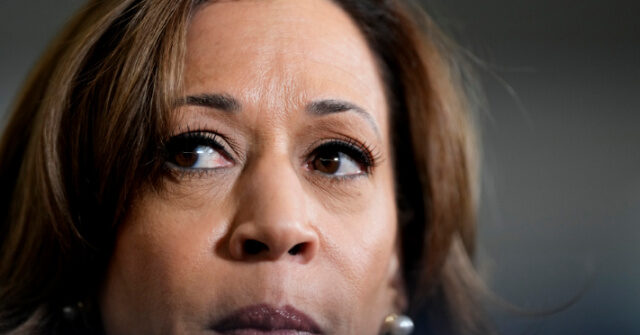The current race for the White House between Vice President Kamala Harris and former President Donald Trump has entered a critical phase, highlighted by early voting data that has raised concerns within the Harris campaign. Former Obama campaign manager Jim Messina, in a recent interview, emphasized the growing anxiety surrounding early voting numbers, which appear to favor Republicans this election cycle. Unlike in the previous elections when Trump discouraged early voting among his supporters, this year has shown that Republican voters are capitalizing on early voting opportunities. This shift could have significant implications for the campaign, as early voting trends are often indicative of overall voter enthusiasm and turnout.
As of late October, early voting data indicates that over 30 million Americans have already cast their ballots, showcasing a high level of motivation among voters to participate before Election Day. This substantial volume of early votes allows both the Trump and Harris campaigns to strategize around their respective voter bases more effectively. Meanwhile, a Gallup poll reveals that a majority of American voters are either voting early or plan to do so, further underscoring the importance of these early voting trends. The willingness of voters to engage early in the electoral process can create momentum for a candidate and may alter the dynamics of the election entirely.
Amidst these critical developments, Harris has adopted a strategy that heavily relies on celebrity endorsements and appearances, particularly from influential figures in Hollywood. However, this approach has raised questions about the disconnect between her campaign message and the pressing concerns facing everyday Americans. With inflation, crime, and border issues dominating the national discourse, Harris’s reliance on elite figures may seem out of touch to working-class voters who are grappling with these challenges. Critics argue that this strategy fails to address the substantive issues affecting constituents’ lives and may ultimately impact Harris’s appeal in crucial battleground states.
In what has been characterized as a key moment for her campaign, Harris made headlines by choosing to appear in a comedic role on Saturday Night Live, opting to forgo a planned event in Michigan, a pivotal state in the presidential race. This decision reflects her reliance on media exposure and celebrity culture to connect with voters; however, it also raises concerns about her commitment to addressing the concerns of those directly affected by the current administration’s policies. By prioritizing entertainment appearances over grassroots engagement, Harris risks alienating voters who may feel their needs are being overlooked.
As the election is fast approaching, the interplay between early voting dynamics and campaign strategies will be crucial in determining the outcome of the race. With Republicans potentially gaining an edge in early voting, the onus is on the Harris campaign to recalibrate their approach and address the critical issues that matter to the electorate. The ability of candidates to adapt to evolving voter sentiments will ultimately play a significant role in shaping public perception and driving turnout on Election Day.
In conclusion, the combination of early voting trends and campaign strategies suggests an unpredictable landscape leading up to the presidential election. The Harris campaign faces significant challenges, as early voting data indicates potential weaknesses that could empower Trump’s bid for the presidency. Balancing the influence of celebrity endorsements with the need to resonate with average voters will be vital for Harris going forward. As the election draws near, both candidates must navigate a complex environment marked by heightened voter engagement and pressing national issues.

